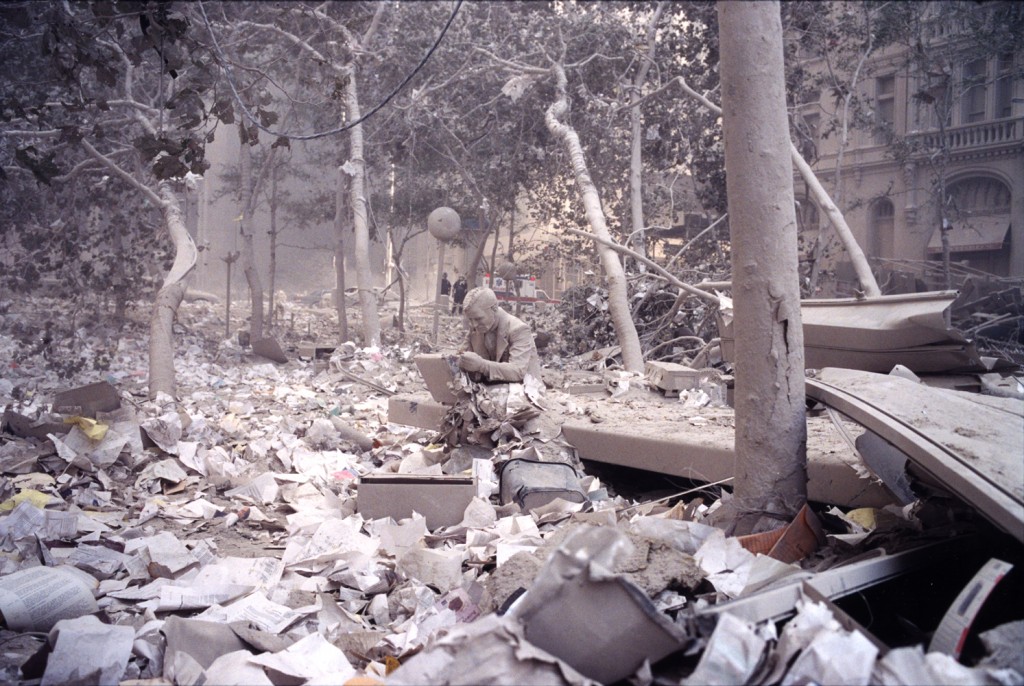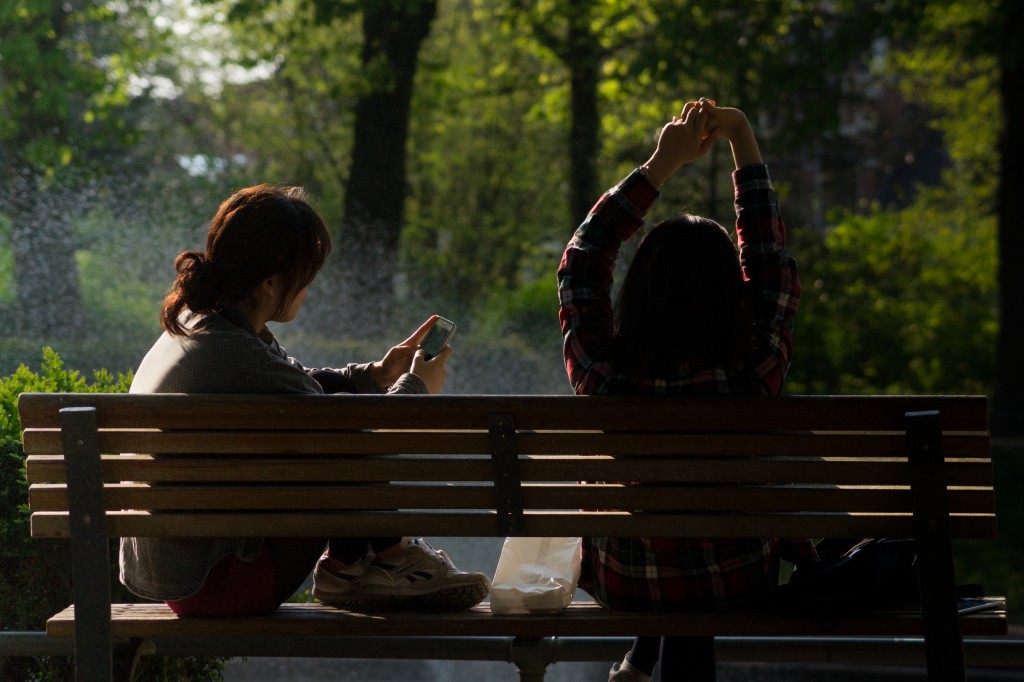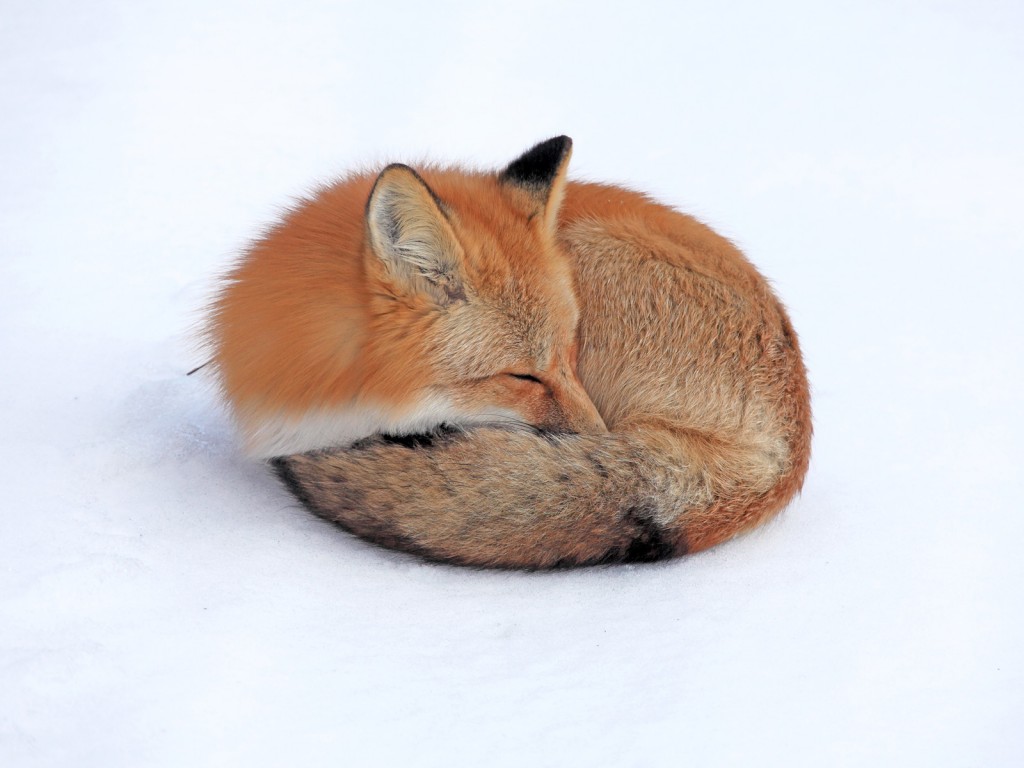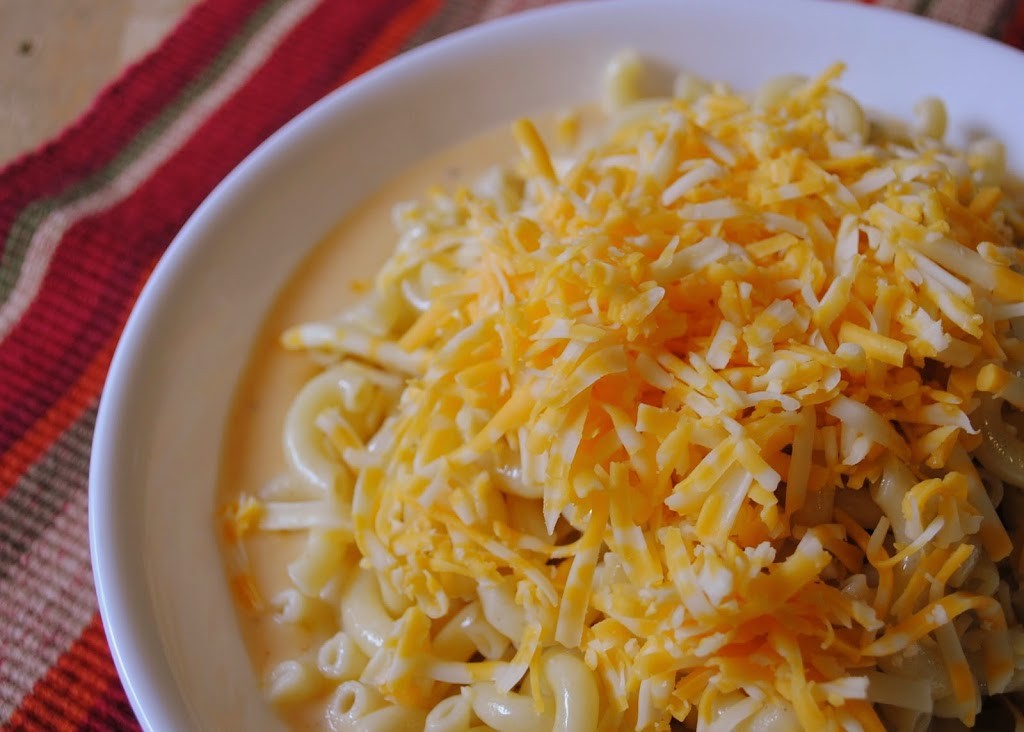LETTER TO THE READER
Dear Reader,
Before we begin, I want to ask you to think about something somewhat personal. There’s no quiz, and I won’t pry, but I want you to think about yourself as a kid. No, I’m serious, before you read the next sentence, conjure that image in your mind one major place (real or imagined) that you remember your childhood took place. If your face is starting to contort into something sappy and nostalgic, then you’re doing it right. If it starts to contort into something pained or haunted, you’re probably doing it right too. But put yourself there, and ask yourself, “Can you ever go back?” Not just physically, but can you go back mentally? Can you bottle the emotions you used to feel there, uncork them, and drink them all in again. Or is it like a memory placed on a high shelf, just barely out of reach?
This project is a stool to help me reach that high shelf of nostalgia. With the onslaught of tragedy and controversy in today’s world, I found myself struggling to process and I found myself reaching back into my memory for simpler times. I started thinking about my evolution, and when I stopped barricading myself behind the world of my imagination. There’s a little bit of sadness as I sift through my emotions, but something triumphant about the fact that they happened. I started wondering how my imagination shaped me, and I started wondering if imagination every fully goes away. I thought maybe I could use this project to help my imagination come back.
Throughout the project, I discovered that maybe my imagination is not as immersive as I remember it being, it’s still around, just a tad more disciplined that it was before. I hope this helps you find what pieces of yourself you’ve been missing, and realize just how far you’ve come too.
With Nostalgia,
Sierra

ABSTRACT
This multigenre project will explore the assertions of Lev Semenovich Vygotsky in the Journal of Russian and East European Psychology. Vygotsky poses that child’s play, imagination, and creativity are enhanced and influenced by their realities in technacolor. Children will process their real experiences by adding an imaginative elements that will make their limited experiences psychologically, developmentally, and emotionally rich. As children age and inevitably become more experienced, both through educational and social “schooling,” their relationship with imagination expands with their reality, but their belief in their imagination and the value they place on it starts to diminish as social construct begins to dictate behavior.
“The first type of association between imagination and reality stems from the fact that everything the imagination creates is always based on elements taken from reality, from a person’s previous experience. It would be a miracle indeed if imagination could create something out of nothing or if it had other sources than past experience for its creations” (Vygotsky 13).
DIALOGUE
Me: What’s your name?
Nikki: Nikki. N-I-K-K-I. 2 K’s and that’s important.
Me: Why?
Nikki: I dunno, it just is.
Me: Ok, well hi Nikky. You look like me!
Nikki: It’s Nikk-I. With an “I”
Me: Oh, sorry.
Nikki: It’s ok, I do look like you.
Me: Wait, how do you know I was thinking your name wrong?
Nikki: (Shrugs)
Me: Maybe our brains look alike too. Lemme see your socks.
Nikki: (Kicks off high tops)
Me: Hey! One red one and one purple one! Just like me!
Nikki: Except my socks are on the opposite feet. And my sock has basketballs on it.
Me: Oh. I’m not good at sports. Too short for basketball.
Nikki: Whatever! I’m the best at sports and I’m short like you too. I can beat Matt and Thomas Jay anytime I like.
Me: Who’re Matt and Thomas Jay?
Nikki: Our best friends. Look, here they are!
Matt and TJ: (appearing) Are you an orphan too?
Me: No…
Nikki: Oh… We are.
Me: I wish I was!
Matt and TJ: We wish we weren’t.
Nikki: Let’s all pretend to be exactly what we wish we were.

CHAPTER 2: The Mischief Makers
“Didya hear about the new girl?” TJ asked me.
“Don’t bother me, I’m concentrating.” Nikki said, the dish soap slipping from her fingersand into the washing machine. “Now look what you’ve done! Matt, lift me up!
“Why me? TJ’s the tall one!” Matt objected
“TJ?”
“Fine, but I have to tell you something important later.” TJ hoisted Nikki up by her waist so she could dangle deep down into the washing machine to retrieve the soap bottle.
“A little further, I can’t quite reach!” she instructed, kicking her legs against the machine’s side for leverage.
“Stop kicking!” TJ yelled, trying to shift his weight to boost her further into the chasm.
“Got it!” cried Nikki, triumphant.
“I oughtta leave you in there!” said TJ, letting go of her and holding onto a smarting cheek she’d kicked. Fortunately, gravity was on her team, and Nikki slid out of the washing machine, a little soapier than she’d been before, but clutching the soap bottle high above her head like a trophy. Dish soap slid down her arms.
“Gross!” she cried.
“Hey, at least you’ll be clean for once!” Matt laughed. Nikki wiped the slimy substance from her hands on Matt’s shirt.
“Don’t you both just smell like Lavender Fresh!” TJ laughed. Nikki turned the soap bottle on him. Before long, the entire laundry facility was a giant soap parade, the Mischief Makers covered from head to toe in cleaning supplies.
“We better clean this mess up before we get tattled on,” said Matt, looking at the blue dish soap dripping from the walls and their smeary, slippery footprints on the floor.
“I know one way,” said Nikki, smiling malevolently. She hoisted herself on top of the machine, turned the dial to hot, the load to full, and left the laundry lid wide open.
“This oughta be fun.”
“This law may be formulated as follows: the creative activity of the imagination depends directly on the richness and variety of a person’s previous experience because this experience provides the material from which the products of fantasy are constructed. The richer a person’s experience, the richer is the material his imagination has access to. This is why a child has a less rich imagination than an adult, because his experience has not been as rich” (15).
EXTENDED METAPHOR
We called it the Mud Hole because you literally had to slide down in the mud to get to the ravine. Long abandoned railroad spikes splintered the old Oak tree, so you could climb and perch on its limbs. Some forgotten soul clambered onto a sturdy branch and fastened a rope to it so we could swing from one side of the tiny creek that pierced the mudhole to the other. If you didn’t feel brave enough to cross the creek by rope, another battalion of kids constructed a crude bridge of stepping stones, some slippery with moss and maybe too spaced out for our short legs when water flow was high. The Mudhole became more than a ravine with a creek and a tree; it was a place where our imaginations could sculpt our surroundings. We’d construct crude lean-tos and be Boxcar Children, or we’d wade through the creek and discover Atlantis, or we’d climb the rope in training drills for the FBI. More often, we were protagonists without a category. We’d go to the Mudhole and we’d talk about what was, and we’d be book characters coming of age while the leaves in the trees blushed from yellow to red. The ground would harden in winter time, the long grass would fade from green to grayish yellow, and the creek would become a nothing more than a muddy bank. You’d walk through what used to be water and wonder why growing up felt like drying out.
We left behind buttons and bobby pins and became part of the generations of children that had discovered and claimed and named the Mud Hole. We didn’t always return.
NARRATIVE
“We’d better clear this away before Sierra sees it,” I heard my father say to my brother in a hushed, gentle tone. I was on the other side of the door, a barrier of painted wood between us, but I’d seen it. I knew. A baby bird had flown too soon, but didn’t have wings to spread.
I’d seen it. I’d cradled it between my fingers with a blatant disregard for germs. So I knew death.
Of course, my concept of death, of the enormity of death couldn’t stay six years old forever. Six became seven. Seven became eight. And then death, Real Death this time, came loping, wheezing next to the mailbox. A hulking mule deer with bits of cougar-torn skin hanging from her haunches designated the neighborhood mailbox her final resting place. The grownups confronted death as they went to collect their bills.
The baby bird had not prepared me—not for real death. I knew about accidents, but violence was still abstract.
“Daddy,” I sobbed, “We have to save it.”
“It’s too late, darling. There’s nothing we can do now.” He told me, allowing me to dry my eyes on his shirt.
And yet, much later and when he thought I wasn’t looking, I saw him bring a full tray of water, liquid slopping over the edges despite his precarious steps, and lay it gently next to the mule deer. From the window, I could see her twitch at my father’s approach. In any other circumstance, would have caused her to rebound into the woods. But she lay inert, waiting for my father to pass, and in those moments, I think she understood that this passive man was not a threat.
As my father backed away, I watched the deer raise her head, take a grateful gulp before laying her head back down to rest.
I peeked through the windows several times that night, willing the deer to drink the elixir of life that my father had placed next to her.
At dusk, though I’d been told not to touch, I snuck next to the mailbox. The water level was still high. The deer’s chest rose laboriously, fell laboriously. I scooched the water tin closer.
In the morning the mule deer was gone, but the water was poured out, and the tin rested gently in our doorway.
Surely, I knew death now.
But (the inevitable but) 8 years old became 12. And death wasn’t contained and quiet on my porch or resting next to the mailbox. Death was on TV, but it wasn’t fictional. It wasn’t accidental. It wasn’t nature being nature. Death was slamming into buildings.
Death was sirens howling and rubble rubbling. It was beneath piles of tax documents and stacks of mutilated debris, blanketing bodies. Human bodies. Not birds. Not deers.
It was September 11. I was twelve. And I didn’t know death. I didn’t recognize death at all.
“Sierra, let’s go get dinner,” my dad prompted. My mom was supposed to fly home that morning. It was supposed to just be a Tuesday. Mom was supposed to make dinner that night. But it was me and dad that evening. Nail biting, shifting, not talking at the Village Inn while Beverly placed two Razzleberry Pies in front of us. We poked them around our plate, and let them cool next to the quarter eaten BLT’s. We wilted with the lettuce.
“Daddy,” I tried, choking on razzleberry glaze. I tried again. “Daddy?”
Without words, he knew what was on my mind: Death wasn’t in my neighborhood where I could offer it water or scoop it up in my hands and tell it I was sorry that it had died. My father didn’t say much back, but he put his hand gently on mine over the table, and we let quiet, shocked tears slide into our pies.
Perhaps I didn’t know Death, but I learned something about Daddy that day. Dad, the man that tried to hide the baby bird, who shrouded it in cotton and gave it a quiet goodbye. Dad who told me there was no hope for the deer but nudged water next to it anyway. Dad who softened death and let me wipe it away. Dad, who had no choice anymore but to let me learn death. Dad, defeated, when he couldn’t protect me from it anymore.

“We also see this curtailment of childish fantasy in the fact that the child loses interest in the naive games of earlier childhood and in fairy tales and fantastic stories. The duality of the new form of imagination that is born now can be readily deduced from the fact that the most widespread and common form of creative work during this period is literary creation. It is stimulated by a strong increase in subjective experiences and a growth and deepening of the interior life of the adolescent, who, during this period, develops his own internal world. However, this subjective aspect seeks to find embodiment in an objective form—in poems, stories, or whatever creative forms the adolescent perceives in the adult literature surrounding him…. Typically, the majority of adolescents also lose interest in literary creativity very soon. The adolescent begins to adopt the same sort of critical attitude he previously took to his drawing. He begins to be dissatisfied with the objective quality of his writing and stops doing it. ” (36).
DIALOGUE
Me: Hi Nicky!
Nikki: NIKKI.
Me: Sorry! Autocorrect.
Nikki: What’s autocorrect?
Me: It’s something that automatically that corrects your mistakes.
Nikki: What’s a “mistake?”
Me: It’s when you do something wrong, or bad.
Nikki: So it’s correcting me?
Me: It’s…
Nikki: Am I a… “mistake?”
Me: No, I mean, that’s not all autocorrect does. It fixes it when you mix up words that are real with words that aren’t real.
Nikki: Oh.
Me: Hey, don’t be like that, we can still be orphans!
Nicky: I don’t really feel like playing right now.

POEM: “Ecology”
One year, in grade school, my teacher handed me a diagram with a bunch of baby bunnies.
One year, there was a bunny surplus.
The next year there were more foxes.
because, ecology.
Where I’m from, it’s kind of like that.
Sometimes there are bunnies.
And sometimes there are foxes.
The rabbit years are cocooned in a blanket, watching the snowfall under the streetlamp
At the end of the street.
Cotton-tailed, I play Peter Pan in the backyard.
The next year, I pounce from the plank into a patch of Crocodiles.
And we still eat Chili on the first snow,
But it tastes iron-y, like rust.
In bunny years, I dart across my lawn through the sprinklers, dodging bb’s,
nibbling down the Marigolds dad planted,
and playing the board games that nobody really likes but mom.
Foxlike, I chase rabbits into the window wells, learning to gossip.
I lick blood from my teeth and curl up among the Columbines.
In fox years, Columbine becomes something more than a flower.
Where I’m from, there are fox years and bunny years,
And there are bear years, and coyote years, and mountain lion years
but dear years too.
Each animal leaves its footprint in the snow.

“The passions and fates of imaginary characters, their joys and sorrows move, disturb, and excite us, despite the fact that we know these are not real events, but rather the products of fantasy. This occurs only because the emotions that take hold of us from the artistic images on the pages of books or from the stage are completely real and we experience them truly, seriously, and deeply” (20).
MONOLOGUE
Me: Nikki? Nikki! I have terrible news. Nikki, where are you, I have to tell you this. I need someone to understand how horrible this feels, and I know you’ll understand. Nikki? Nikki! It’s about you, come on!
Fine! I’ll just tell you and I know you’ll hear me, because I know you can always hear me. You know that book that I was working on about all of our adventures? About the time we ran away from Sunny Side orphanage with the evil Ms. Dinges who made us do dishes on our birthday and Marion who kept trying to get you to wear makeup and we and snuck on the plane and lived in that giant mudhole for a year and then got discovered and became movie stars? Remember how we won our court case and didn’t have to go back to Sunny Side as long as Bob the director agreed to adopt us? Remember that?
Our computer got a virus, and my mom hired some dude to come fix the computer, and he deleted all the accounts but my mom and my dad’s. He wiped my book from the harddrive. It’s just gone. All of our adventures! Nikki! NIKKI! Doesn’t this just piss you off? Imagine someone just deleted The Hobbit. Or Harry Potter. Imagine someone just burned up the entire Boxcar Children canon! And don’t make fun of me for using the word “canon” just because it’s a word you don’t know. It means like… collection.
Fine, I wasn’t going to tell you this because I know how you feel about moms and all, but my mom was really good about the whole thing. She took me to Noodles and Company—that’s a new restaurant by us, you haven’t been, and she got me a giant bowl of Noodles and let me blubber into them for an hour. It was kind of nice.
Oh Nikki, stop getting your panties—oh, I’m sorry boxer shorts—Which by the way, are totally unnecessary for girls—in a twist every time I mention that I have a mom. If you want, I can reinvent you to have a mom. Just come back and let’s talk about it.
Nikki?
NiCKY?
NICOLE?
Come on.
“This is why products of true creative imagination in all areas of creativity belong only to those who have achieved maturity. As maturity is approached, the imagination also matures, and in the transitional period between childhood and adulthood—in adolescence, starting at the time of puberty—we observe a powerful enhancement of the imagination combined with the rudiments of mature fantasy” (26).
LETTER
Dear Mom,
You, my working mother, my corporate powerhouse mother, spent a lot of money and spent even more hours on my childhood hobbies. You frequented the sweaty YMCA while I “played volleyball,” and massacred basketball. You sat through one too many poorly rehearsed renditions of Easy Note “Just Breath” in poorly executed piano recitals. You carted me to singing groups and dropped me off at school extra early so I could learn Spanish and practice the Oboe. If I wanted to be well rounded, well, darnit, you’d see to it that I was.
But the key part of the above sentence is: “If I wanted to be.”
Perhaps to your dismay, I didn’t want to be a clarinetist or baker. But after giving me a solid bite at a whole lot of apples, I think you were still happy to let me be who I wanted to be, because you genuinely believed that what I wanted to be was something good. You were along for the ride, and you helped me find it with patience after quite a few failed attempts at talent-searching.
Sometimes I wonder if the hobby that stuck ever exasperated you, because the hobby that stuck was solitary, non-performative, and didn’t cost a dime. The hobby that stuck didn’t really invite standing ovations or loud applause. The hobby that stuck did not demand attention, and didn’t showcase her abilities to mother like other hobbies might.
I sometimes wonder if you wished for more to be proud of with me.
But I don’t really wonder it… not really. I think you were proud of me and the Me that I needed to be. Here’s why.
The hobby that stuck was writing. And when I was eleven, I wrote my first novel on a 1995 Windows computer. The writing quality was worse than the Comic Sans font that I wrote it in. I mean, it was terrible, so really, Bill Gates did me a favor by building a machine susceptible to viruses.
One day in middle school, I realized that a virus wiped out all 209 pages of my hobby, my only hobby. It felt like realizing your imaginary friends were imaginary and then not being able to see them anymore. It felt like losing myself and my best friends, and it felt like losing my talent. I think it was the first time that I noticed that my sadness didn’t go away after a good cry. I was really sad.
You didn’t tell me to stop crying; after a long day of work, you put your arm around me, led me to the car, and told me to buckle up. You drove me right to Noodles and Company and bought me Macaroni and Cheese.
“Comfort Food,” you explained.
You let me audibly blubber splotchy 7th Grade sobs into my Macaroni (more wasted money), and didn’t try to shush me while shocked onlookers tried to quietly consume their Penne Rosa. You patted my hand soothingly. You let noodles get stuck in my braces. Mom, you hurt with me, and honestly, it felt better. You empathized.
At that point in my life, we’d given up on dance lessons and accepted that Tai Kwon Do was…not successful. But instead of carting me off to golf class or sewing school, you knew exactly where to take me. It wasn’t as sophisticated as a choir concert, nor fast-paced like a dance recital.
Instead, you drove me to Kinkos, spent a dollar per page, and helped me scan the only existing copy of my novel into a computer document. Scanners weren’t very efficient back then. It took a long time, but you helped rescue my pathetic little novel.
I know you did it because you loved me, but I think you also did it because you were proud.
Mom, I’m sorry they don’t make bumper stickers that said, “My child is a novelist,” but thank you for always, without fail, 100% of the time making me feel like you were giving me a standing ovation.
Love you dearly,
Sierra
PS: I’m sorry about that time that I told you I wanted to be an orphan, but thank you for laughing and telling me you understood exactly what I meant.

“Both of these intellectual forms,” writes Ribot, “now confront each other as rival forces.” The imagination “continues to operate, but, undergoes a preliminary transformation involving adaptation to rational requirements. It is no longer pure imagination, but a combined form” (28).
RETROSPECTIVE
In my dreams (and in my novel), Sunny Side Orphanage looked a lot like my house. When Nikki, Matt, and TJ spread peanut butter over the entire porch, I imagined making peanut butter footprints on the concrete slab that was outside my own doorway. And while I imagined the kitchens more like my elementary school cafeteria, my narrator had gotten her very own bedroom (at an orphanage?!) with enough weekly allowance to go to Sam Goody and buy CDs on a whim. Even though as a nine-year-old, I was crafting my first irony in the orphanage’s title, looking back, it probably was a pretty sunny place to live. The injustices that caused my narrators to abandon their cushioned “orphanage” were laced with white privilege, an over-reaction to the “injustices” my parents inflicted on me simply by parenting me. My narrators ran away from the orphanage because that’s what protagonists do, that’s the allure of being an orphan: the lack of limitations, the ability to do whatever one wants without having to go to bed.
It took me two years to finish the novel of idealized childhood, and I watched myself grow up, I read myself getting eleven-year-old silly in its pages. Where my “Mischief Makers” first ran away to live the simple life, being resourceful while living under trees and squatting in the wilderness, the advent of my own first period reminded me that adolescence must somewhere begin for Nikki. I remember sitting at the keyboard with a dilemma: how could I write the humiliating scene where Nikki has to explain to her two best friends (who were boys) categorical proof of her womanhood? How could I let that amount of reality distort my pages? I fought it, playing God and deciding that Nikki could deny her femininity and not menstruate until well after the novel ended. Late Bloomer, I justified. Because after being falsely teased in school for stuffing my bra, I wanted that desperately to halt my own puberty at the age of eleven, so I dreamed it into Nikki’s reality on the pages of my novel.
Eventually, even before they got deleted, their reality shifted for me. Not only couldn’t I write a character without a period, but I couldn’t write a character that hadn’t lived through Columbine. I stopped wanting to write about a character who couldn’t crawl in her daddy’s arms when her dog died, or lament to her mom about being bullied in school. I stopped being able to identify with a character that didn’t watch the Twin Towers fall on live TV. My characters needed social security numbers.
I can’t close my eyes anymore and just see Matt and TJ like I used to. I can’t converse with them anymore, so I feel sometimes like I have nothing to write down. I don’t even have the pages that might bring them back to life for me. I grew up and in some ways I mourn the loss of their simplified worldview (and my own). But beyond friendship, and adventure, and consequence free mischief making, they gave me something else. The world gave me a nuanced eye to see the world, and Nikki, Matt, and TJ taught me how to write about it.

REFLECTION
Because I inherently like school, whenever a teacher gives a creative project, I get a little giddy. I imagine all the ways that I will make my project ooze with amazingness. I start brainstorming my project well before it’s due, imagining 700 possibilities and letting myself run wild with ideas. And then, predictably, I lose track of time, other tasks become the immediate priority, and my project, while not a last minute scramble, ends up somewhat disappointing because it doesn’t live up to the delusions of grandeur that I’d had in mind. This project had a similar result.
This is my second multi-genre project. My first had a requirement of 12 different genres, which was just insane, and we weren’t allowed to pick the topic. This one was much more doable, but I ran into the same snafu that I couldn’t force my creativity as much as I hoped I could, and this is a project that demands a lot of creativity. Writing in 6 different genres used six different parts of my brain, and while I liked that, I found that I wasn’t thrilled with any of my genres. I specialized in none, so even though I worked really hard on the project, I have six mediocre pieces instead of one inspiring piece that I am really proud of. That’s a hard feeling to shake. I want to make sure I remember that feeling as a teacher.
That doesn’t negate the project wholesale though. I had some exciting moments along the way, like when I found a research paper that precisely matched my topic and gave my piece the connective tissue I was looking for. When I realized that what was initially a lament for my long-lost imagination was actually just a rebirth of my imagination in another format. When I realized the triumph of having an improved imagination and a way of processing it (writing it down), I was absolutely elated. These were promising discoveries for me that ultimately made the challenges worthwhile.
I also found something extremely valuable in structuring my piece, figuring out which genre would best suit my purpose, and how I could weave them together. Ultimately the genres I explored were Academic Abstracts, Dialogue, Novel, Extended Metaphor, Traditional Narrative, Poem, Letter, and Retrospective. Admittedly, I stuck to genres that I was familiar with, but that was because these kinds of writing came up in my adolescence and that helped shape my characters. Also, I just never really see myself writing a Coroner’s Report or something fun, so I… well to be frank, I have a bad attitude about writing things I don’t see as relevant to me. While I would fight this attitude as a teacher, I understand it as a student. I’d have to bolster my rationale for exploring in my own classroom, which might mean I allow my students to fail more than I personally allow myself to fail at a genre.
I see myself using this in a Creative Writing most especially, where I can both justify allowing students to spend a lot of time on their craft and can foster an environment where it is alright to truly experiment. There’s something valuable about the way students can be both creative and structured, and allows students to see just how many ways writing can apply to the real world.

Amazing, honey